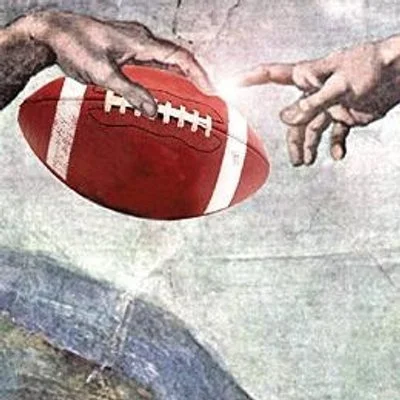If you know anything about world religions, then you know that Easter is a big deal in Christianity.
In Eastern Orthodox churches, the Big Idea is stated this way, over and over, in rites for Pascha (Easter): “Christ is risen from the dead, trampling down death by death, and upon those in the tombs bestowing life” (see this flash mob celebration in Lebanon).
I don’t bring this up as a matter of evangelism or some other #triggerwarning behavior. I am noting that this is an essential fact about Christianity, the world’s largest religious faith. Easter isn’t a “bunny” thing.
This brings us to one of the more unusual “religion ghosts” we spotted several times during the 20-year history of GetReligion. Here’s a case study at Newsweek and another at Facebook news. However, the classic version of this ghost appeared in the holy (in journalism terms) pages of The New York Times in this 2014 feature: “Hoping War-Weary Tourists Will Return to Israel.” Here is the key passage:
On a recent afternoon in the Old City of Jerusalem, while fighting raged in Gaza, Bilal Abu Khalaf hosted a group of Israeli tourists at his textile store in the Christian Quarter — one of Jerusalem’s tourist gems. …
“That’s the first group I’ve had here in more than a month,” Mr. Abu Khalaf said. “There have been whole weeks when no one has been inside the shop. I’ve sold almost nothing the entire summer. Business hasn’t been this bad since the first intifada in 1989, when the Palestinian groups ordered us to shutter our stores.”
Nearby, the vast Church of the Holy Sepulcher marking the site where many Christians believe that Jesus was buried, usually packed with pilgrims, was echoing and empty.
Now, what’s unusual about that? Well, it helps to know that the printed version said:
Nearby, the vast Church of the Holy Sepulcher marking the site where many Christians believe that Jesus is buried, usually packed with pilgrims, was echoing and empty.
It’s all about the word “is,” isn’t it?
Inquiring minds wanted to know: Was there anyone in the editorial chain at the world’s newspaper of record who knew the essential fact that traditional Christians don’t believe Jesus is buried anywhere? It’s that whole “Easter” thing.










